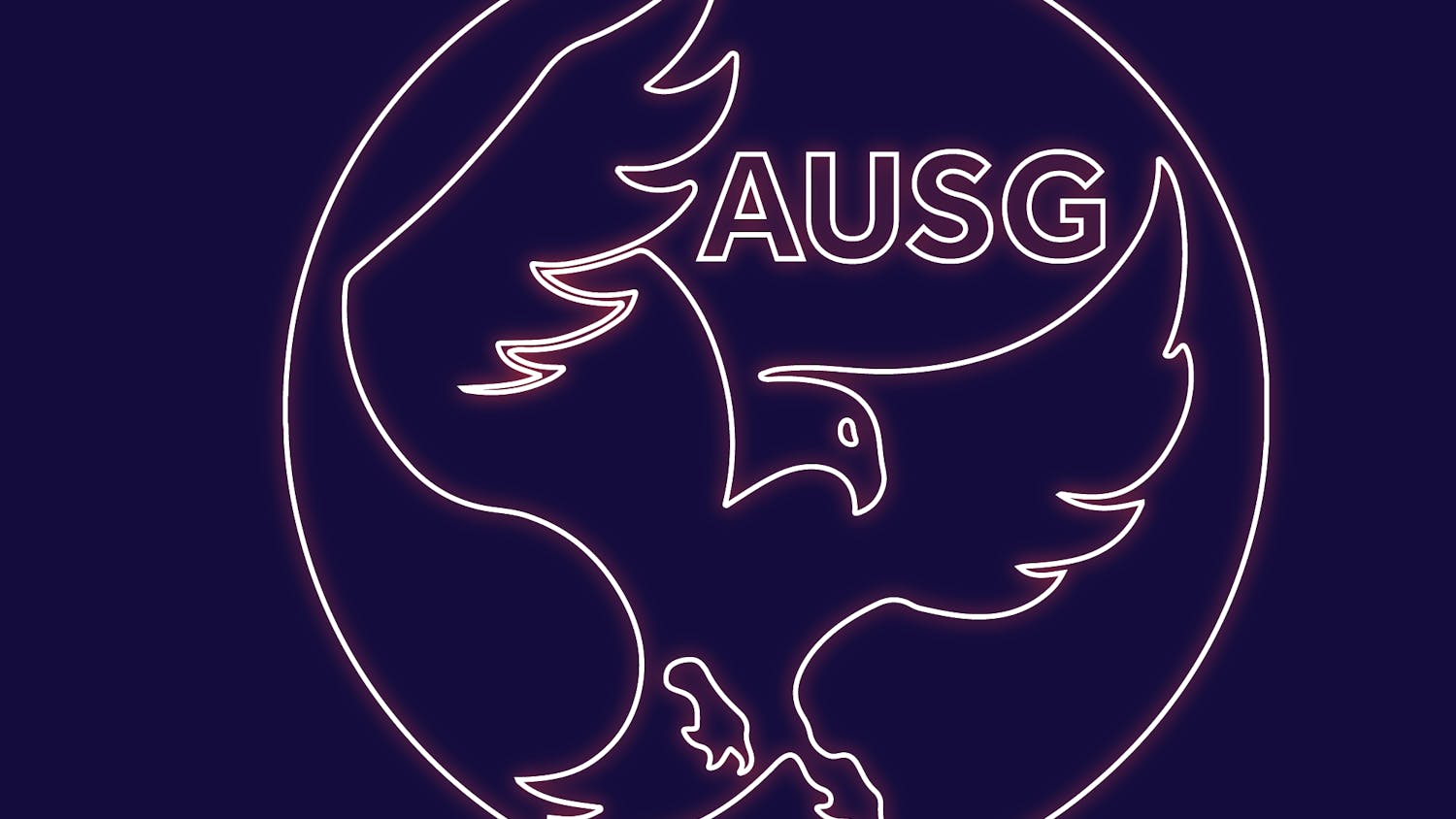American voters are hungry for and expect indicators, such as in a sporting event, in media coverage of the Democratic presidential race, said David Corn, Washington editor of The Nation magazine, at Tuesday night's American Forum in Ward 1.
"Most of the media's coverage of American politics has been as a spectator sport," Corn said. "They cover it like sports writing and so who wins, who loses, who's up, and who's down is the most important thing." Kenneth Walsh, chief White House correspondent for U.S. News & World Report, agreed and said the "horse race" was the dominant aspect of the media's coverage of the key period in January instead of the candidates' backgrounds and positions.
"Every four years we go through this cycle and say 'We're not going to do it, we're going to cover the substance,' but we really don't," Walsh said.
Corn pointed to the rise and fall of former Vermont Gov. Howard Dean and ensuing rise of Massachusetts Sen. John Kerry as instances in which the media focused their resources to have an unintended effect on the election.
"The generalization is that the media tends to do things on a scale of one to 10," he said.
Democratic voters are committed to finding a candidate with electability, said Guy Molyneux, senior vice president with Peter D. Hart Research Associates. If the media portray Kerry as electable and Dean as not, votes will swing accordingly, he said.
Walsh agreed and said it's the media's nature to assume both a "watchdog" and "attack dog" mentality. He said Kerry can expect the media to turn on him "just as we did Howard Dean and everybody who's a frontrunner. It's not a partisan matter."
Matthew Dowd, chief campaign strategist for Bush-Cheney '04, disagreed with the idea that American voters automatically accept the information presented to them.
"I don't buy into the notion that somehow the media tells or convinces voters to do something that's untrue or against their interest," he said. Voters have plenty of access to a variance of information, he added. President Bush plans to run a positive campaign, according to Dowd, because past presidents who mounted a negative campaign were seen as desperate and defensive. A president, with four years of experience in office, should be able to stand on his own record, he said.
The media won't attack an incumbent president, Corn said, because "the hardest thing for a Washington reporter to do is call the president a liar." The national media are hoping for conflict between Bush and the eventual nominee because it boosts ratings and viewership, Corn said. "The media is most comfortable if it's covering charges from one side to the other rather than being the referee and trying to determine the truth of the matter," he said.
Walsh said that while the media is too judgmental, a more serious problem is the blurring of the line between entertainment and journalism.
"The whole thing about Howard Dean and 'the Scream' - how can you digest that kind of story as a voter when it's presented on late-night talk shows in a hilarious way?" he asked.
Moderated by School of Communication assistant professor Jane Hall, the American Forum is presented four times each semester and provides an arena in which newsmakers can meet and debate the leaders of the news media.




